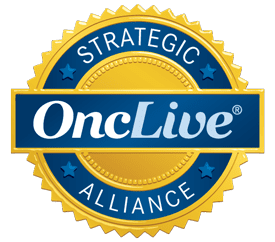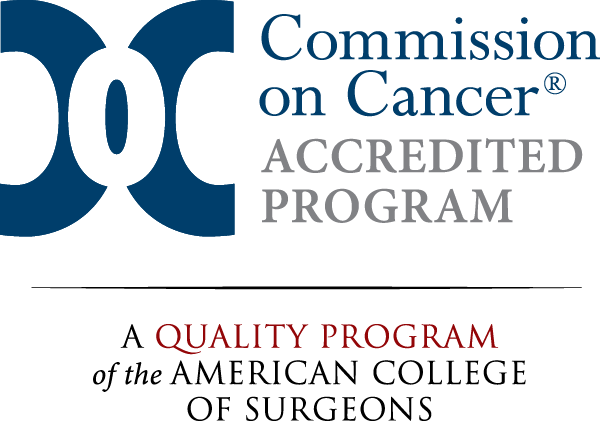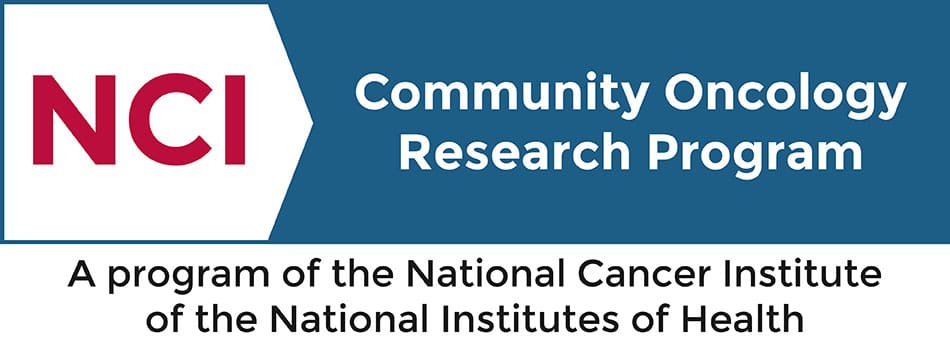What is colorectal cancer?
Colorectal cancer, or colon cancer, is a type of cancer that targets the colon and rectum. It occurs from an overproduction of harmful cells or abnormal growths known as polyps. Colon cancer is one of the most common cancers in the United States, but is also one of the most treatable.
Why is screening for colorectal cancer important?
Screening for colorectal cancer is incredibly important because while it is an invasive and aggressive disease, it is curable if diagnosed early. There are four stages of colorectal cancer; the earlier the stage, the more manageable and treatable it is. If found early enough, the abnormal growths can be removed before they become cancerous. The Centers for Disease Control and Prevention reports a five-year survival rate of 90% for patients whose colorectal cancer is found and treated early.
Who is at increased risk for colorectal cancer?
A variety of factors contribute to your overall risk for colon cancer. Of those, the most significant are race, gender, family medical history, personal medical history, and lifestyle. Historically, men and black individuals have an elevated risk for colon cancer.
Colon cancer is most common in people over 50, so the recommended age for a colonoscopy or other screening is 45 for those with an average risk profile. If you have a higher risk profile, consult with your doctor and ask if they recommend screening prior to age 45.
Family history is one of the many determining factors in your risk level for colorectal cancer (among other things). Colon cancer can run in the family, especially if a first-degree relative or multiple second-degree family members have had colon cancer. This is even more significant if they were diagnosed with colon cancer before age 60. If one or more of your family members have had colon cancer, make sure your doctor knows this. They will likely recommend that you get screened before age 45.
Your own medical history and lifestyle choices also impact your risk of colorectal cancer. Those diagnosed with inflammatory bowel disease (IBD), Crohn’s disease, or ulcerative colitis are also at higher risk for colon cancer. Along with medical conditions, lifestyle choices like smoking, excessive consumption of red meat, a diet low in nutrient-dense foods, and little to no exercise have been linked to an increased risk of colon cancer.
What are the symptoms of colon cancer?
Whether or not you are at risk, it’s important to know the early signs of colon cancer. Understanding these signs can be a determining factor in catching it early. The most common colon cancer symptoms are:
- Significant and long-lasting changes in bowel movements like frequency, diarrhea, constipation, or the feeling that your bowel isn’t empty after a bowel movement
- Blood in or on the stool
- Painful and prolonged abdominal cramping and discomfort, especially during a bowel movement
- Unexplained weight loss
Not all patients will experience symptoms of colon cancer. In fact, 75% of people diagnosed with colon cancer display no symptoms at all prior to their diagnosis.
If you’ve experienced any of these symptoms, make an appointment with your primary care provider or specialist and get screened as soon as possible, especially if you are at high risk for colon cancer.
What are my options for colorectal cancer screenings?
There are two categories of tests with different procedures: stool-based and visual exams. With a stool-based exam, you’ll provide a sample, and the lab will look for the presence of abnormal cells, DNA changes from your last sample, and the amount of blood in the stool. Stool-based exams are typically an option for people who are not experiencing symptoms and who aren’t considered high-risk. If there are any abnormalities in the results, you’ll need a visual exam.
While stool-based tests for colon cancer are less invasive, they have to be repeated more frequently than visual exams, and the results are less accurate than a colonoscopy.
The most common visual screening is a colonoscopy. With a colonoscopy, you’ll be put under sedation or anesthesia, which eliminates discomfort during the procedure. Once sedated, the doctor will insert a colonoscope, a small scope with a camera designed for colonoscopies, into your rectum and colon. The doctor will examine your colon for polyps, scarring, or other abnormalities. If something is abnormal, the colonoscope tool will allow your doctor to take a sample for testing.
Which screening test is right for me?
Which type of test is best for you depends on your risk level of colorectal cancer and any medical conditions you have. You might opt for a stool test if you want something less invasive and don’t mind more frequent testing. But if you want something more comprehensive or are at risk for colorectal cancer, you and your doctor might decide that a colonoscopy is best.
While colonoscopy is the gold standard, the most important thing is that you get screened regularly. As we know, colon cancer is the most treatable cancer when caught early, so don’t put it off. Speak with your provider about your risk factors to determine when you need to begin screening.
The key to preventing colorectal cancer is catching it early. If you or someone you know is due for a screening or ready to discuss options with a doctor, consider Captial Health Cancer Center for advanced and comprehensive care. Make an appointment online or by calling 609-537-6363.



